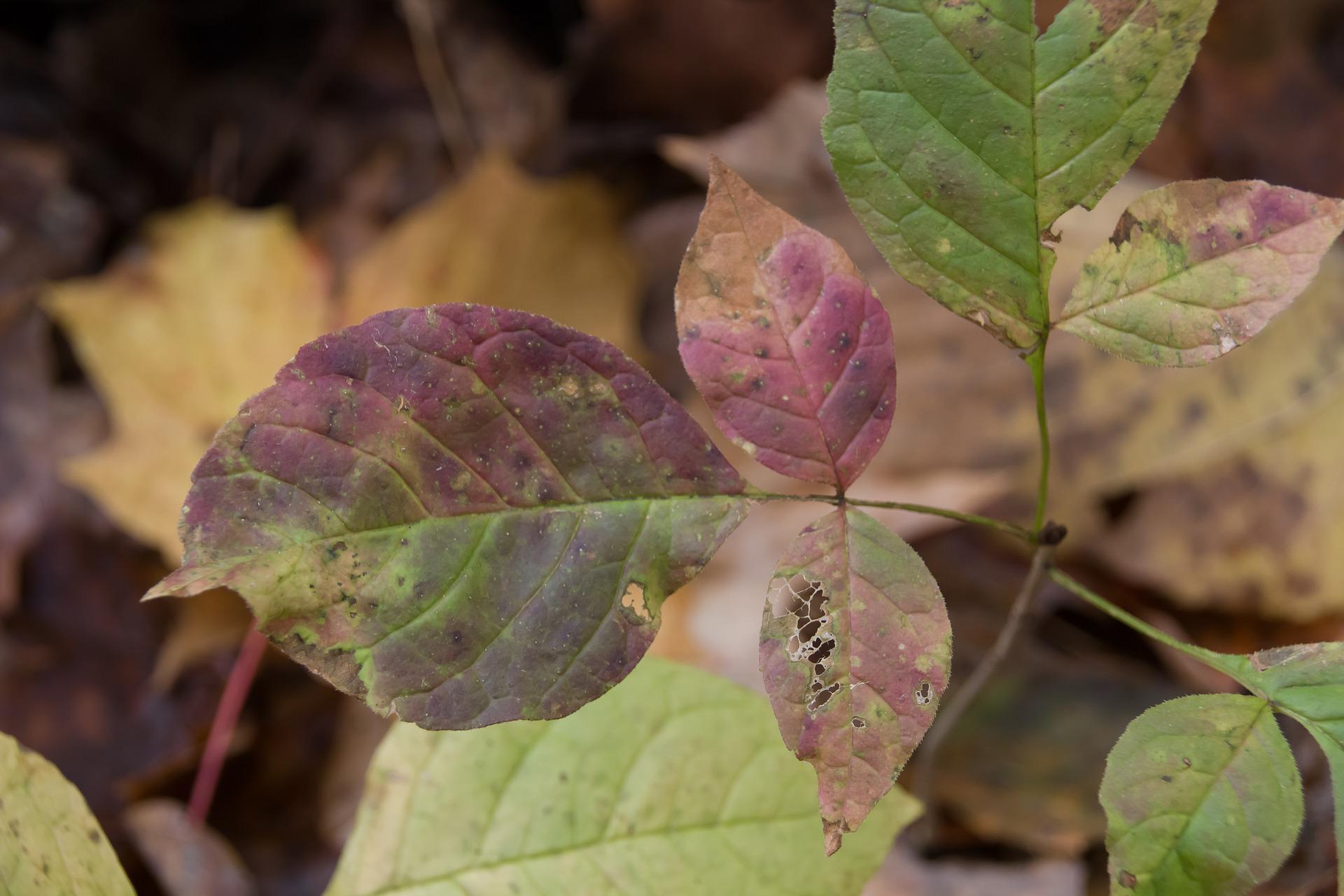Poison ivy oil is a skin irritant. There are many different forms of poison ivy and oak, but the most common are poison sumac and poison oak. They all contain urushiol, which causes an allergic reaction in about 90% of people who come into contact with it. The oil can be transferred from one person to another through direct contact or by touching contaminated objects (like gardening tools).
Your skin must be affected for it to spread
Poison ivy oil is very water soluble. This means that when it comes in contact with water, it disperses and goes into solution. Once in solution, the poison ivy oil will spread throughout the water around you (liquid or gas).
You can spread poison ivy oil by touching your eyes, nose or mouth. You can also spread poison ivy oil to someone else this way as well as by touching animals and objects such as plant leaves or tools used on plants that have come into contact with the plant called “poison ivy.”
You don’t need to get a rash to spread it
Poison ivy oil is a liquid, so it can spread to other parts of your body if you get it on your hands. If you don’t wash your hands after touching poison ivy oil, the oils will seep into the pores of your skin and spread from there. It can also spread to other people when they touch contaminated surfaces like doorknobs or clothing, especially if that person has a rash.
If you have pets who like to sniff things (like I do), they’ll be exposed to poisonous plants, too—so make sure they stay away from them! And finally: Poison ivy oil spreads easily through animal fur and mosquito bites as well; mosquitoes are always attracted to sweet-smelling things (which is why many perfumes contain vanilla).
There is no way to tell if you will or will not get poison ivy.
While there are ways to reduce your chances of getting poison ivy, you can’t tell if you’ll get it or not.
You can get poison ivy from touching the oil on leaves, stems and roots. You can also get it through skin contact with any part of the plant, including roots and seeds. It’s important to note that poison ivy plants don’t shed their oils until they’re mature enough to reproduce. This means that most people are exposed to these oils when they touch something that has been touched by an oil-containing plant or animal (i.e., pets). You could also become infected by touching someone else who has come into contact with poison ivy. Lastly, some objects — like clothing — may contain traces of the resin and cause irritation when worn against your skin for long periods of time (a few days).
What kills the poison ivy oil?
While poison ivy oil is not water soluble, it can be killed with a variety of household cleaning products.
- Soap and water: This is the easiest option if you want to wash off the oil. Simply wash your skin with soap and water as soon as possible after exposure. As long as you don’t touch any contaminated surfaces, this should remove all traces of the oil from your hands and clothing.
- Bleach solution: Once again, make sure that no bleach residue remains on any surface or in your clothing before touching anything else or putting them back on (as bleach can cause irritation). Use 2 cups of bleach for every 1 gallon of warm water; soak for 10 minutes then rinse thoroughly with clean water. To kill off any remaining spores make sure that you use hot enough water to sterilize everything—this means at least 140 degrees Fahrenheit!
- Rubbing alcohol: Most rubbing alcohols have 70% alcohol content; however some are higher (90%) so make sure you get one suitable for cleaning purposes only because they’re basically pure ethanol which can cause serious burns if spilled on skin unwisely! You could also try using hand sanitizer in place of rubbing alcohol but apply sparingly since most contain other ingredients besides just ethyl alcohol like glycerin which may leave residue behind when used improperly…again be careful here!
Conclusion
So, how can you protect yourself from poison ivy? The best way is to avoid it all together! But if that’s not possible and you find yourself exposed, look out for symptoms of poison ivy and remember that quick action can make a difference. If it starts to spread on your skin or in your body, wash it off immediately with soap and water—and don’t forget about washing hands as well! Read here about –how long does poison ivy oil last on skin.
